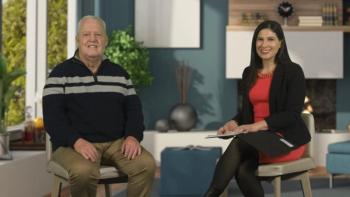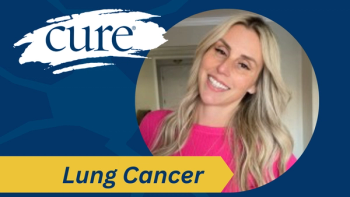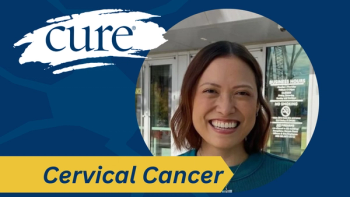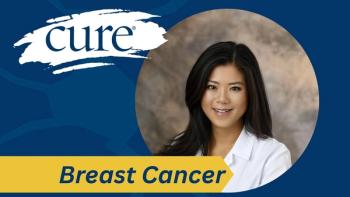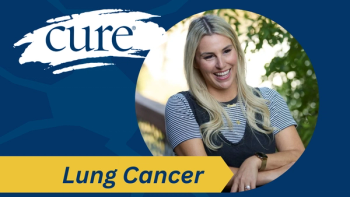
A Lesson in Cancer and Palliative Care
When she was originally diagnosed, I knew nothing of palliative care. I had only heard about hospice, and the use of that word terrified me.
When you think of cancer what is the first thing that comes to mind? When I asked my mom, she said “survival.” My dad said “devastating” and my twin said “disease.” I can’t say that any of the answers from my family are wrong. It once again highlights that cancer is different to everyone. In my case, if somebody were to ask me, the first word that I think of is “change.”
Life changes, always. With cancer, it feels like that sentiment is magnified to an innumerable degree. During cancer, the path to remission and a cure isn’t ever an easy one. When that diagnosis comes, it immediately places you in a situation that you most likely never would expect to find yourself in. It is from that singular moment in time that a new mindset is created and an educational process begins.
For our family, we began to think about all the variables. The “what if” questions about all the things that could possibly happen. Or more specifically, could go wrong in the future. Even though we ruminated and discussed, nothing we talked about at the beginning ever did truly prepare us for all the difficult things that we would go through as a family while my sister had cancer.
Of the many things discussed during her nearly three-year battle with cancer were both palliative and hospice care. When she was originally diagnosed, I knew nothing of palliative care. I had only heard about hospice, and the use of that word terrified me. While my knowledge was limited, what I did know was that people who were dying used that service.
While we came to learn and appreciate all that palliative care truly encompassed, getting my sister on board was a hard task. Even after explaining the differences and the benefits, she seemingly couldn’t comprehend the inherent need for those services. In the end, I did make the choice to have palliative become a more integral part of my sister’s care plan. It was a difficult decision that was made much easier when I came to fully understand how it would best benefit her.
Now as I work and study in the field of medicine, I better understand that her reaction isn’t out of the ordinary. Many patients feel that utilizing palliative/hospice services is solely for terminal illness. That being said, much data suggests that most cancer patients would benefit the use of either one or both programs, whether terminal or not, because cancer is so often a chronic illness.
As was the case for my sister and myself, education is the key. I feel that with all the changes that cancer brings, those affected by the diagnosis feel lost and confused. While I was incredibly lucky as a caregiver for my sister to have phenomenal nurses who took the time to teach me every step of the way, many do not have that shared experience.
I think a lot of times those in the medical field forget that although they are doing the same thing day in and day out, the patients and families that they are treating aren’t. At diagnosis, everything is new to us, from the phrases to services — it is all something that we know nothing about. It is the care team’s job to help educate patients and their loved ones.
If those of us who are caregivers, families, friends and patients could learn and know more about the resources and important services such as palliative and hospice care, then cancer might just be slightly easier.

